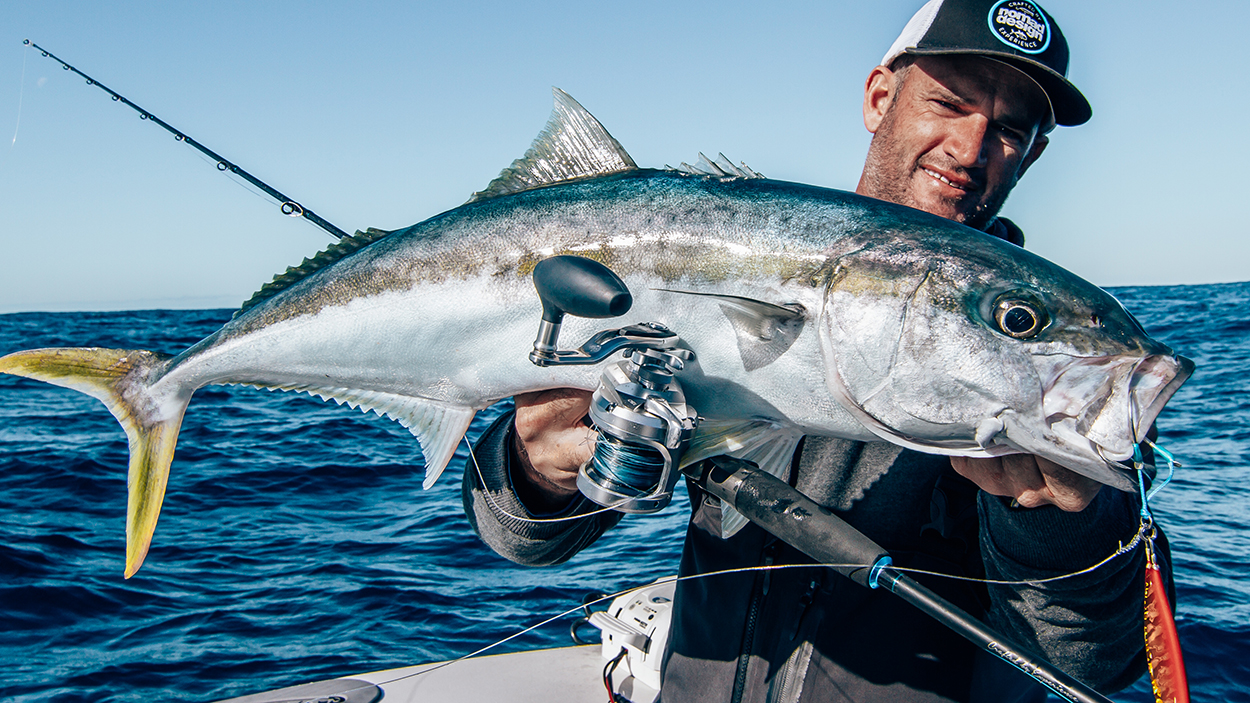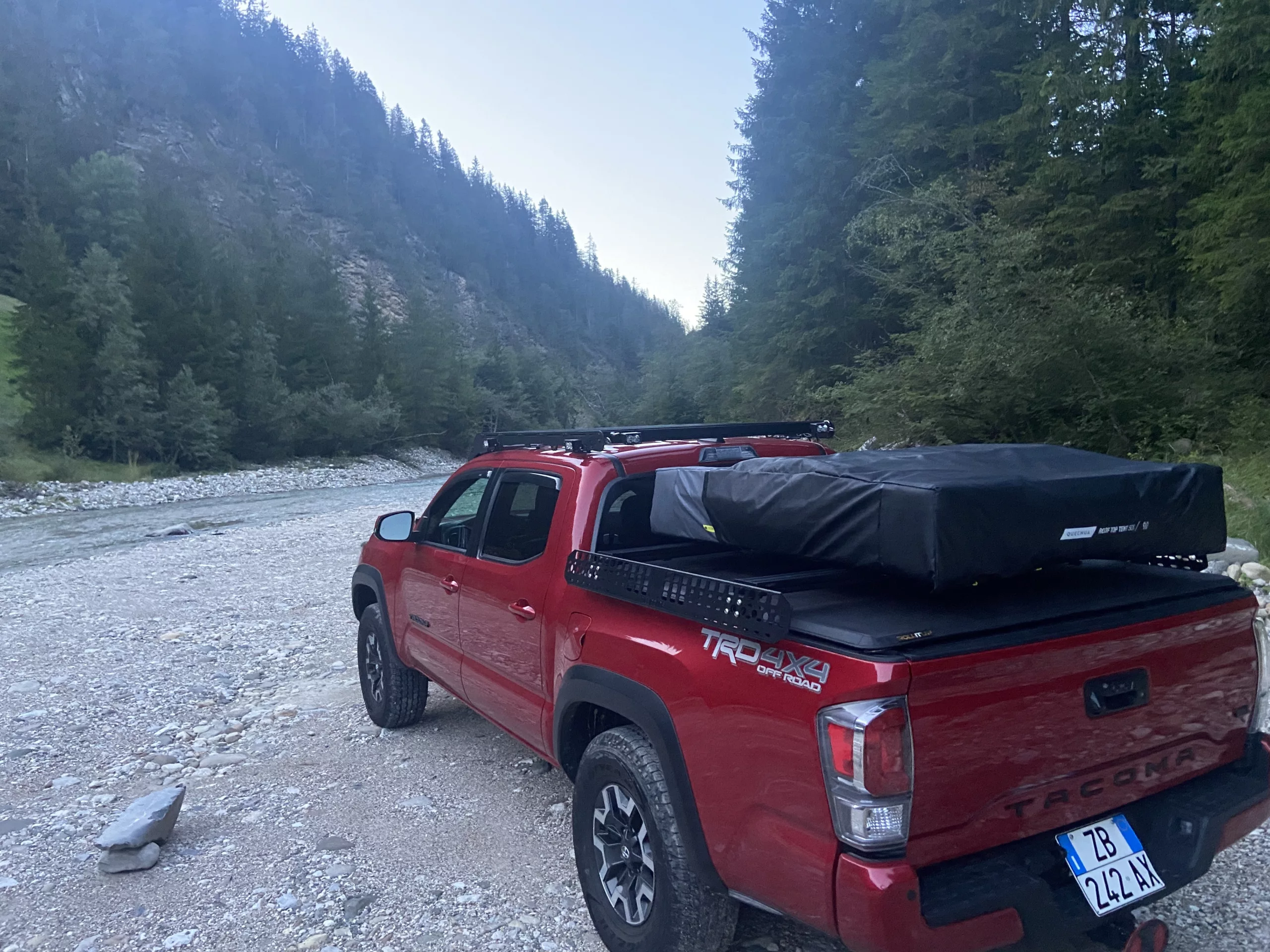A Listen-First Digital Marketing Agency
Build a growth engine that doesn’t feel like marketing
Core Services
-
01
Plan
Prioritize your growth opportunities and demystify digital marketing. Learn where to advertise, how much to spend, which audiences to target, how to measure results, and when to scale.
-
02
Reach
Use digital advertising to inspire, motivate, and educate your target customers. Quiet Owl guides content strategy, helps produce ad-ready creative, and manages ad accounts with a hands-on approach that doesn’t rely blindly on algorithms.
-
03
Convert
We got sick of driving traffic to websites that couldn’t convert – so we decided to do something about it. Our conversion rate optimization team makes improvements based on user testing, message testing, UX benchmarks, and A/B splits.
Our Work
Create measurable impact

Change the culture
of digital marketing
Even successful companies struggle to understand their growth opportunities. It’s hard to gauge how ad platforms overlap and what drives revenue. Many businesses focus on short-term results, squeezing ROI from bottom-of-funnel campaigns. Instead, we help you invest in reaching new customers and learn which content inspires them. Along with holistic measurement, it’s a recipe for long-term growth.

Start With An Audit
We don’t nest with just anyone
We do our homework to be sure our services have a long-term, positive impact on your business. Our ideal client wants to understand their marketing engine, values data over opinion, and believes winning comes from ‘doing good.’ This partnership starts with a digital marketing audit. We evaluate your website analytics and ad accounts, then share insights and recommendations.



















